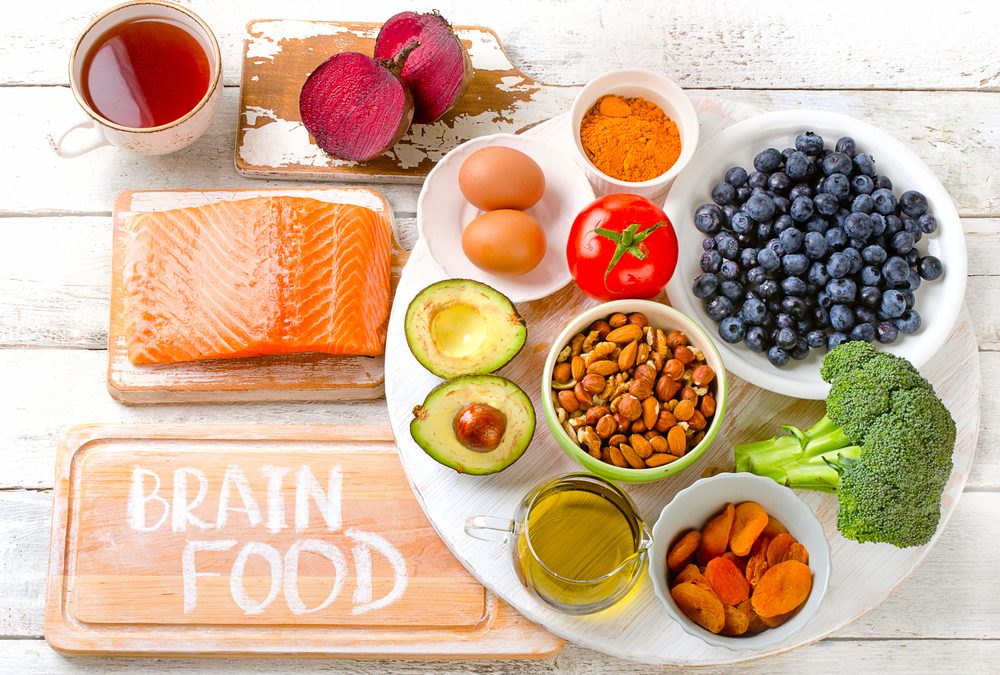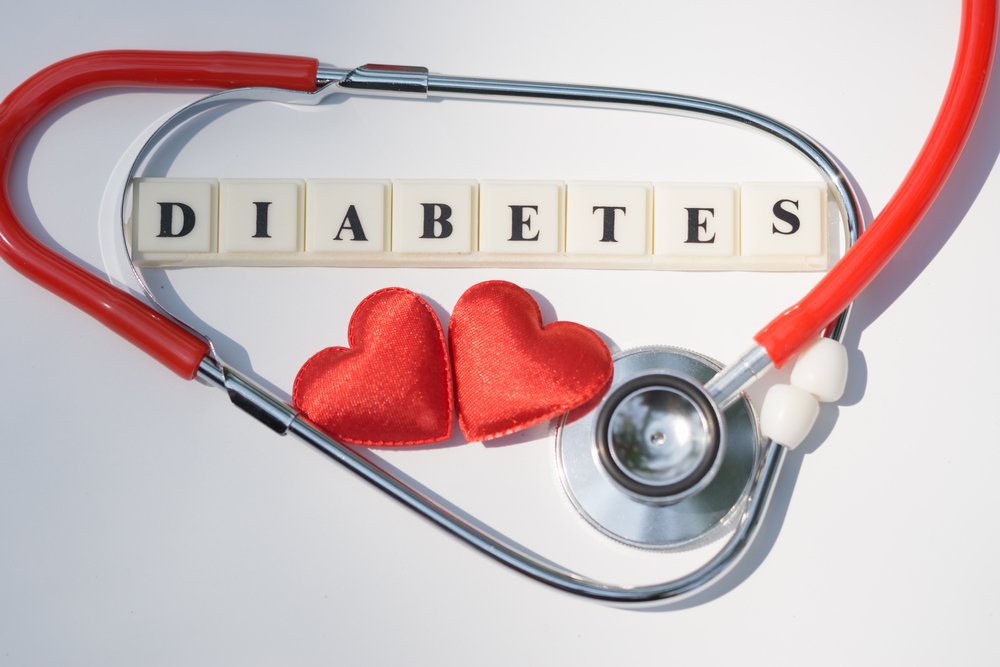Pregnancy is often described as one of the most beautiful experiences in a woman’s life. Yet for many, it also brings unexpected emotional challenges. Hormonal shifts, physical strain, and the anticipation of motherhood can all affect mood — and for some, these feelings go beyond temporary sadness or anxiety.
Between 10–20% of women experience depression during pregnancy, a condition known as prenatal depression. Recognizing the signs and seeking help early is essential, not only for the mother’s health but also for the wellbeing of the baby. The good news? With proper support and treatment, women can recover and enjoy healthy pregnancies.
Prenatal vs. Postpartum Depression: What’s the Difference?
Depression during and after pregnancy often share similar symptoms, but they differ in timing.
Prenatal (antepartum) depression occurs during pregnancy. Hormonal changes naturally influence brain chemistry, but when this balance is disrupted — especially alongside stress, loss, or a pre-existing mood disorder — it can trigger depression.
Postpartum depression, on the other hand, appears after childbirth. While many women experience mild “baby blues” that resolve within two weeks, postpartum depression lasts longer and is more intense, often interfering with daily life and bonding with the baby.
According to the American Academy of Pediatrics (AAP), postpartum depression affects about 10–20% of new mothers, and surprisingly, up to 25% of fathers can experience similar symptoms — a number that doubles when the mother is also struggling with depression.
Because of these risks, the AAP recommends routine screening for depression during pregnancy and at 1, 2, 4, and 6 months after birth using tools such as the Edinburgh Postnatal Depression Scale (EPDS).
The Hidden Risks of Untreated Depression During Pregnancy
Untreated maternal depression poses serious risks for both mother and child. Mothers may engage in harmful behaviors such as poor nutrition, smoking, or alcohol use, all of which can lead to low birth weight, premature birth, or developmental delays in infants.
Depression can also impair bonding and emotional connection, which are essential for a child’s early development. The AAP’s 2019 policy statement emphasizes that helping mothers manage their mental health is a vital step in promoting healthy family dynamics and infant wellbeing.
Common Warning Signs of Perinatal Depression
The American Pregnancy Association notes that doctors typically look for at least two or more of the following symptoms persisting over a two-week period:
-
Persistent sadness or hopelessness
-
Difficulty concentrating
-
Sleeping too much or too little
-
Loss of interest in usual activities
-
Recurring thoughts of death or suicide
-
Feelings of guilt or worthlessness
-
Anxiety or panic attacks
-
Changes in appetite or eating habits
If you notice any of these symptoms, it’s important to reach out to a healthcare professional. Asking for help is the first step toward recovery.
Safe Ways to Manage Depression During Pregnancy
Treatment for depression during pregnancy should always be individualized and discussed with a qualified healthcare provider. Depending on the severity of symptoms, several safe and effective approaches can be used — either alone or in combination.
1. Professional Counseling and Support Groups
Therapy and peer support can help women process emotions, reduce isolation, and build resilience. Many women find comfort in connecting with others who share similar experiences.
2. Light Therapy
Recommended by the Mayo Clinic, light therapy can be particularly helpful for mood regulation during pregnancy. It’s a simple, low-risk approach that can reduce depressive symptoms without medication.
Light therapy involves sitting near a specialized light box for 20–30 minutes daily — ideally at the same time each day. It’s safe for most individuals but should be used with caution if you’re taking light-sensitive medications or herbs such as St. John’s Wort.
3. Lifestyle Support
Consistent sleep, gentle exercise, and a balanced diet are all crucial for emotional stability. Prioritize nutrient-dense foods and stay hydrated.
4. Nutritional Support — Especially Omega-3 Fatty Acids
Emerging evidence suggests that omega-3s, particularly DHA, play a powerful role in mood regulation during and after pregnancy.
Omega-3s and Depression: Why DHA Matters for Expecting Mothers
A growing body of research points to omega-3s — and especially DHA — as a protective factor against prenatal and postpartum depression.
A landmark study published in April found that women with lower DHA levels and low seafood intake had higher rates of postpartum depression. The researchers suggested that depleted maternal DHA stores and poor recovery after birth could increase the risk of mood disturbances.
They also proposed that an Omega-3 Index below 5% in late pregnancy may represent a biological risk factor for postpartum depression.
These findings highlight the importance of ensuring adequate omega-3 intake — ideally before conception and throughout pregnancy — to maintain optimal levels for both mother and baby.
How to Get More Omega-3s During Pregnancy
To build up and maintain healthy DHA levels, experts recommend:
-
Eating fatty fish (like salmon, sardines, or mackerel) 2–3 times per week
-
Taking a high-quality omega-3 supplement, preferably one specifically designed for pregnancy
-
Monitoring your Omega-3 Index, a simple blood test that shows your EPA and DHA status
These steps not only support mental health but also benefit fetal brain and eye development, making omega-3s an essential part of prenatal nutrition.
The Bottom Line: Take Care of Your Mind and Body
Depression during pregnancy and after birth is far more common than many realize — but it is also highly treatable. Early diagnosis, compassionate care, and lifestyle support can make a profound difference.
By integrating nutritional strategies like omega-3 supplementation, consistent self-care, and professional guidance, mothers can safeguard both their mental and physical wellbeing — and give their babies the healthiest start possible.




